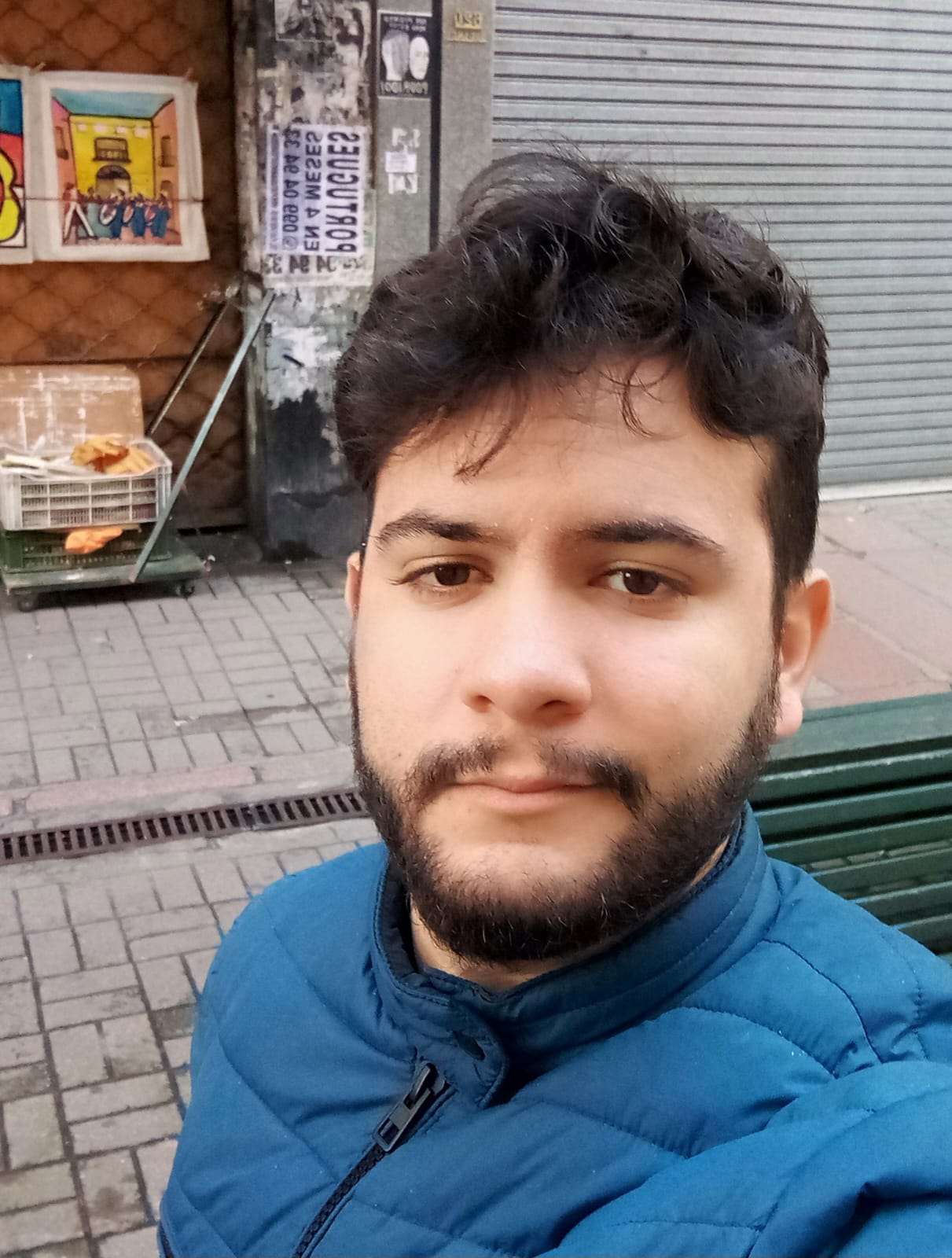“Excuse us, at the moment the equipment is having technical difficulties to deliver cash,” is the discouraging response many Cubans get when trying to get cash at a Banco Metropolitano ATM. The same is likely to happen if the request is made at other financial institutions in the country.
The scarcity of physical money has provoked criticism from the public, and questions about the institutional silence and the information vacuum regarding the causes of the new crisis.
Photos from the island show crowds of people gathered around the ATMs, sitting on walls or embankments, waiting their turn. Those who need it usually go to the nearest functional ATM. Sometimes, that means traveling several kilometers, with the well-known mobility difficulties that the country is experiencing due to fuel shortages. The availability of ATMs is low in most of the national territory.
Cubans residing in Pinar del Río and in San Antonio de los Baños of Artemisa province have been forced to travel to Bauta to look for money at the local branch. This was declared by workers of the Banco de Crédito y Comercio (Bandec) of that town to citizen sources of El Toque. The officials also mentioned problems with the proper functioning of the ATMs and the lack of electricity to carry out the operations.
On a tour through the streets of the city of Camagüey, El Toque collaborators saw lines of about 30 people at various ATMs. Speaking with residents, they learned that the situation was worse in neighborhoods far from the center, where sometimes there is only one ATM available. The shortage has made some people in the province decide to withdraw all the money for the month in one or two operations.
According to citizen testimonies from Vertientes, also in Camagüey, the salary of some workers in state companies has been delayed. In the province, bank branches give priority to people who are going to deposit money, who are usually a minority. Reports from the independent press agree and assure that, in the capital, the extraction limit in the machines has been set at 5,000 Cuban pesos ($42 USD at the official exchange rate).
In September 2019, the total number of ATMs in the country was 926, of which more than half (522) were in Havana. The figure does not appear to have changed significantly. Especially since in 2022 Mayra Arevich Marín, Minister of Communications, assured that the country did not have the “need to buy more” of this equipment.
Why no cash?
Several could be the causes of the cash shortfall. In general, banks have problems meeting the demand for physical banknotes on paydays from certain sectors, such as retirees. This usually happens at a specific time of the month and does not seem to be an excuse for the recent shortage.
A possible explanation for this phenomenon is inflation. Prices in the informal market for any product rise frequently and purchases there are usually made in cash.
In addition, it can also happen that high-denomination bills run out quickly at the ATMs. Likewise, a machine filled with small bills is likely to run out faster due to the large amount of notes people will have to withdraw. This was confirmed by authorities at local financial institutions of Cienfuegos, a province that has only 17 ATMs available in total, 13 of them in the provincial capital.
On the other hand, the ATM network in the country is in poor condition, which represents an overload for the functional ones. The director of Banco Metropolitano, in response to the official journalist Francisco Rodríguez Cruz, affirmed that in the capital alone there are 150 ATMs out of service “due to lack of spare parts, breakage of the dispenser module and keyboard”, as well as others “that require daily attention”.
Despite all this, economist Pavel Vidal believes that one of the causes of the crisis could be that the Government does not have the resources to print banknotes. Vidal believes the limits recently imposed on the withdrawal of cash for individuals at banks (80 thousand pesos a day or 120 thousand a month) may have triggered the demand. Margins also apply for the magnetic dollar (MLC) transfers, with a maximum of 1,000 per day and 5,000 per month.
In April 2023, in an interview with the Escambray newspaper, Maria Efigenia Caballero, deputy director of Bandec in Sancti Spíritus province, said that “in a time of shortages, we are also being hit by the extraction of high volumes by some Small and Medium business owners, self-employed fundamentally”.
She said the country would impose new restrictions on private workers in order to limit the extraction of high volumes. So far, the measures have not been published or implemented.
Although the authorities recognize an increase in demand and the need to reduce cash circulating in the government’s retail network, in practice they do not seem to be implementing any strategy to alleviate the situation.
Digital platforms? A lot of people say, “No, thanks.”
Venezuela, a leading trading partner and political ally of Cuba, also suffers from inflation. In 2021, cash in that Latin American country was only 2% of the nation’s monetary liquidity.
Faced with poor economic management, the Venezuelan government promoted digital payment systems, such as Patria or Mobile Wallet. Whoever had access to dollars could count on Zelle, a payment platform based in the United States.
In an attempt at damage management, the Cuban authorities have proposed their own technological solutions to the crisis. Bandec representatives made a call in the newspaper Venceremos, from Guantanamo province, for the citizens of that territory to use the Caja Extra service, present in the Transfermóvil and EnZona applications. The service, in theory, allows you to request the withdrawal of cash through a QR code in establishments such as ration stores and other businesses.
In addition, the digital tool has a limit of 5,000 pesos per day and can only be carried out in entities that have agreements with Bandec or with Banco Popular de Ahorro (BPA).
However, Bandec’s own representatives recognized the slowness of the process to enable the service, the delays in the generation of the QR and the “apathy of some store workers”.
The Ciego de Avila Domestic Trade authorities also called for the use of Caja Extra in the province. Although there, of 1,078 available units, the service was only present in 56.
It is likely that it is the public that rejects this type of application, regardless of whether it is a matter of technological iliteracy or a lack of agility in the digitization of these procedures. Since its launch, Transfermovil and EnZona have constantly presented problems in their operation, as well as inefficiency and difficulty with refunds for purchases that have not materialized.
El Toque carried out a survey on social networks to determine trends in the use of digital platforms as a way to carry out financial operations. Most of the people surveyed said they know and use the platforms, especially Transfermóvil.
“Transfermóvil is very useful and easy to operate,” said Vicky Peña. “EnZona is tremendously complicated.” An opinion that other readers also expressed.
Likewise, 66% of those surveyed on Facebook (out of 923 votes) and 56% on Telegram (out of 606 votes) indicated that they used them every time they needed to make a transaction.
However, on Facebook, 75% (of 291 votes) reported that they had difficulties with the platforms when carrying out daily operations due to the limits imposed; 13% stated the same but referring to business operations. On Telegram, 38% of (out of a total of 565) pointed out complications in daily operations, while 56% did so referring to business ones.
“The problem (…) is that, for cafeterias, restaurants, private stores, it is a slow mechanism. There is no form of a card reading service (…). You arrive at a cafeteria and you have to pay in cash because the owners of these places are suspicious. Many times they do not receive the confirmation by SMS or the platforms have technical problems and give many errors,” wrote Joel Castillo.
To the question “If you don’t use payment platforms or digital commerce, what is the reason?”, the majority of the people in the audience who voted on Facebook (47% of 246 votes) stated that they had difficulty carrying out simple operations and 24% specified problems with the Internet connection. 13% said: “I don’t like them”.
“I don’t trust any of the bank’s methods. Often there is no connection or whatever. There is always something”, commented Walter Delgado.
Despite the fact that the official line states that the “digitalization of society” is a priority of the Cuban government, failures in this type of app seem to negatively condition people to continue using traditional methods to acquire supplies or do business.
The new crisis is, in part, a reflection of the poor investment in technology, one of the aspects most neglected by the Cuban State in 2022. It is likely that the so-called digitalization will continue to be part of the discourse of those in power, but the facts indicate that it is not a priority policy. Meanwhile, between the bad connection and technical failures, the public walks towards another ATM and joins another line.
This article was translated into English from the original in Spanish.







Comments
We moderate comments on this site. If you want to know more details, read our Privacy Policy
Your email address will not be published. Mandatory fields are marked with *